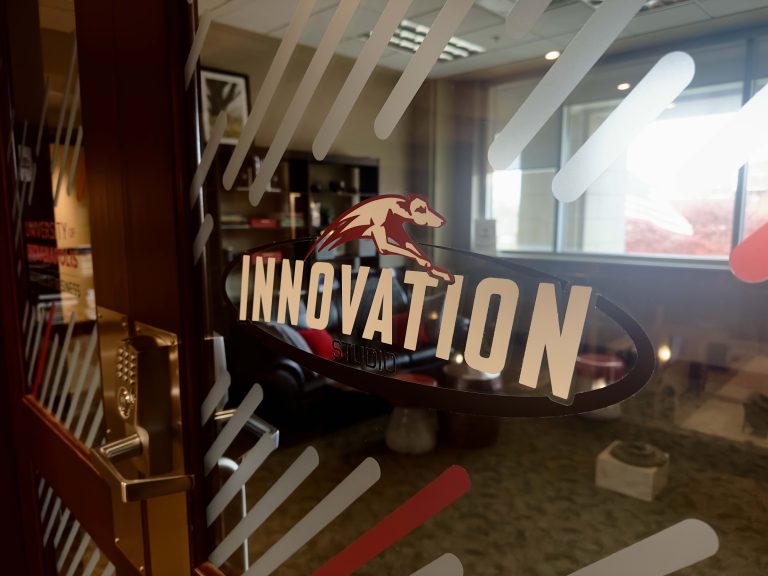Some college students know they eventually want to work abroad, but they may not get the chance to experience it right away. But for senior English literary studies and creative writing major Erica White this is not the case.
White was awarded a Fulbright English Teaching Assistantship, which is a scholarship given to students who want to teach English abroad.
After a training session in Washington, D.C. in June, White will go to Latvia in mid-September to teach English to an upper-level classroom for nine months at least.
White said the purpose of the scholarship is to create better relationships between the United States and whichever country the student is sent to.
White learned about the scholarship from one of her professors, and since she wants to teach abroad, she decided to apply.
“I wanted to try something new, and I wanted to push my boundaries in going to a place that I’ve never been before and is not very heard about,” White said. “I really love learning about the Baltic nations and about their culture and history, so I wanted to see what it would be like to teach there.”

Latvia is between Lithuania and Estonia, and White said that she is fascinated by Latvia’s history and culture, especially its arts and crafts and its people’s connection to nature, a connection White is trying to make as well.
“A lot of their folklore and original religion and crafts, and just way of life, generates from this balance with nature. And they’re a lot closer to the natural world, and they work more with the natural world than you see here,” White said. “You can go to Latvia, and you can collect mushrooms out of state parks, and it’ll be OK. There’s only 1.9 million people there, and a lot of the country is still forested. And just that ability to see how people still connect with nature on that level is cool.”
Chair of the English Department and Professor of English Kyoko Amano said she is excited for White to experience living and working in Latvia.
“I’m so proud,” Amano said. “This is just the first step, because she has been studying teaching English as a second language as a concentration and she’s been teaching at Christel House, the second language speakers. And after this one, she will now have an opportunity to work at other places.… She doesn’t have to become a teacher. She’s creative, so being able to live abroad might give her a good chance to write about her experiences. She might become a writer. There are a lot of different things she can do. So I’m sure she’ll be able to find something that interests her.”
White said that while she is in Latvia, she is excited to write poetry based on her experiences as well as to learn if teaching abroad is right for her. There are some things White said she will have to get used to in Latvia.
“I’m a really smiley person, and that’s not a thing, unless you’re a tourist,” she said. “Then you know they can see you, that you’re an outsider. Another thing is in regards to how men and women act. So like what Americans would say are women’s rights or just liberal issues haven’t spread so much there. It’s still a very traditional culture, and that kind of worries me, because I’m very outspoken, I’m very feminist. I don’t take people’s b*******…. But I think I’ll get the hang of it.”
White said that others interested in applying for this opportunity should do so, but should know that when they travel to a different country, everything —Internet service, transportation, toilets, music and other ways of life—will be much different.
“You have to understand that you will go without things when you’re there and to not expect everything to be handed to you,” White said. “And it’s not all going to be similar to where you came from. But at the same time, because of that, you’ll be learning a lot of different things about yourself, that it’s worth it.”
Overall, White believes that by traveling and connecting with others from different countries and cultures, it helps close the gap between people and provides for more understanding and connections.
“There’s this growing idea that the best thing that somebody can do is only care about their own nation, and you can see that on both sides of the playing field. But at the end of the day, that’s nationalism, and you can’t have a healthy role with a country or a group of people that only care about themselves, because then you’ll only be staring at your navel, and you won’t know people. Immigration issues will happen. Racial issues happen. You have to understand people, and you have to let them understand you.”
Like other teachers, at home and abroad, White hopes to make a difference for others through education and learn about herself as well in the process.
“If I can impact somebody’s life by going there and teaching English,” she said. “I think I will have done my job.”








